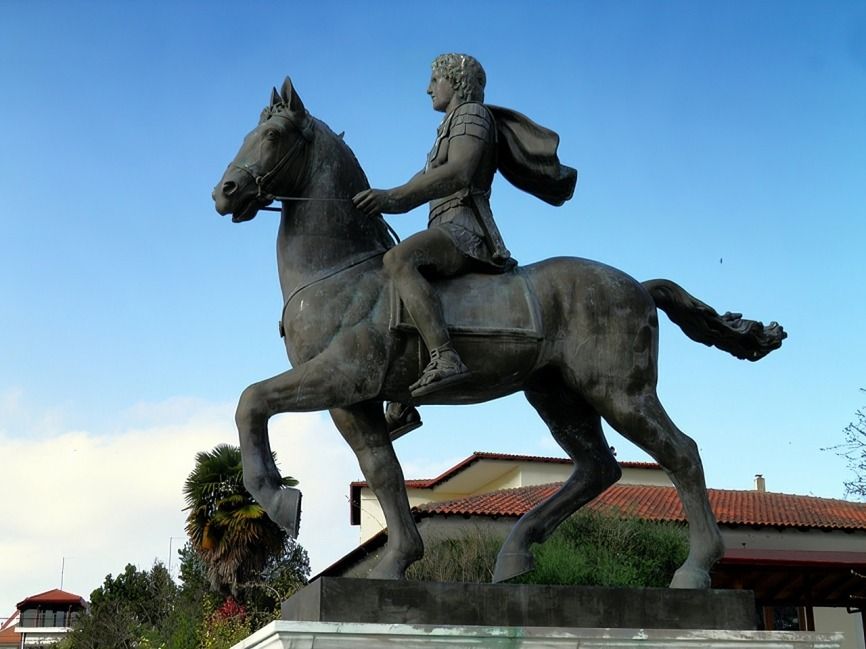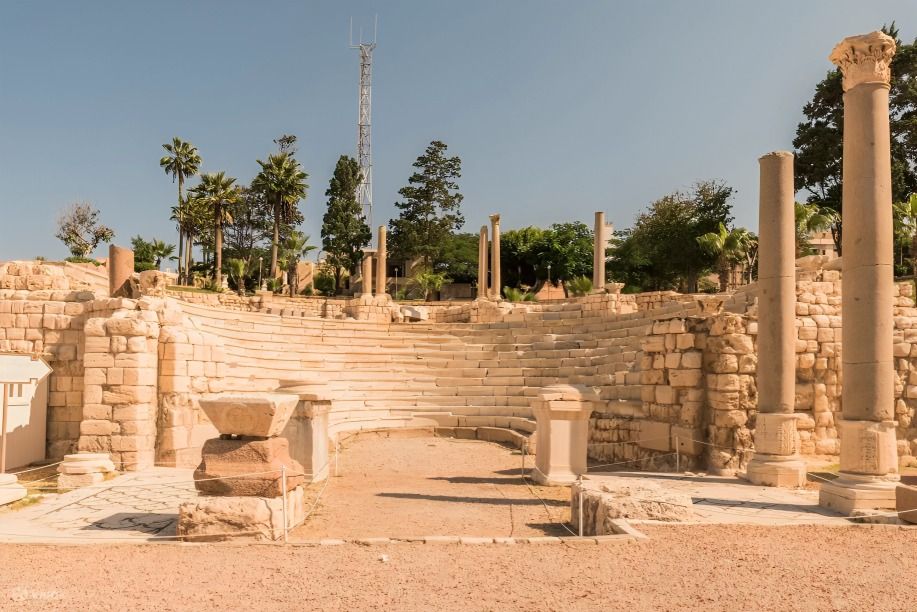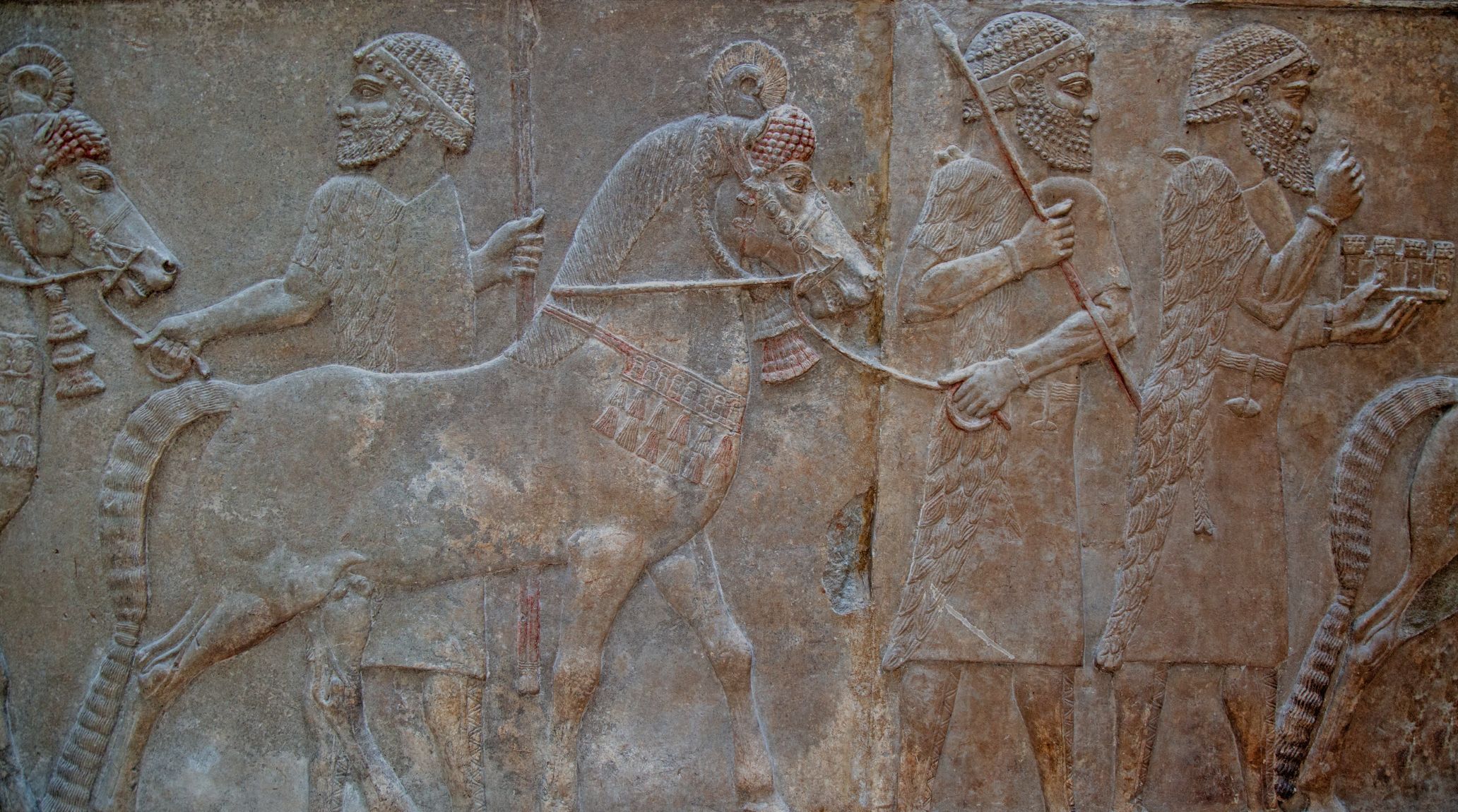
“
Alexander the Great, a name synonymous with conquest and empire, remains a towering figure in history. From his birth in 356 BC to his untimely death in 323 BC, Alexander's life was filled with extraordinary achievements and legendary feats. This blog explores 20 fascinating facts about Alexander the Great, delving into his military campaigns, cultural impact, and enduring legacy. 1
1
1
1
”
Alexander the Great was born in 356 BC in Pella, the ancient capital of Macedonia. His birth marked the beginning of a life destined for greatness. From a young age, he showed promise in leadership and intellect.1
Tutored by the great philosopher Aristotle, Alexander received an education that combined philosophy, science, and military tactics. This education profoundly influenced his strategic thinking. 2
Alexander ascended to the throne at just 20 years old after the assassination of his father, King Philip II. His swift consolidation of power showcased his political acumen. Despite his youth, he commanded respect and loyalty from his subjects. 3
Alexander's most significant conquests were against the vast Persian Empire, ruled by Darius III. His military campaigns against Persia are considered some of the most brilliant in history. These conquests significantly expanded his empire. 4

At a young age, Alexander tamed a wild horse named Bucephalus, a feat many believed impossible. This horse would become his trusted companion in numerous battles. The bond between Alexander and Bucephalus is legendary.
After defeating the Persians, Alexander began dressing like them. This change in attire helped him blend into their culture and gain their respect, solidifying his control over the region through this symbolic gesture. 5
The seven-month-long siege of Tyre in 332 BC demonstrated Alexander's strategic genius. He built a causeway to breach the island city's defenses. This victory showcased his ability to overcome seemingly insurmountable obstacles. 6
Alexander's body was preserved in a vat of honey, a method chosen for its effectiveness in preserving the body and maintaining the appearance of the deceased leader. 7
He founded over 70 cities bearing his name and even named one after his favorite horse. This act not only highlights his extensive influence but also reflects his deep personal connection to his achievements. 8
Alexander's empire was notable for its cultural diversity, blending Greek, Persian, Egyptian, and Indian influences. He encouraged the integration of different cultures within his territories. This cultural amalgamation left a lasting legacy. 9
Alexander encountered the Gordian Knot, a complex knot tied by King Gordius of Phrygia. Legend said whoever could untie it would rule Asia. Instead, Alexander cut through the knot with his sword, showcasing his decisive problem-solving skills. 10
Known for his charisma, Alexander inspired immense loyalty among his troops. His ability to lead by example and share in his soldiers' hardships earned their respect. His leadership style was crucial to his military successes. 11
Alexander's innovative tactics, such as the phalanx formation and use of combined arms, are still studied today. His ability to adapt and outmaneuver opponents set him apart. These strategies cemented his reputation as a military genius. 12
In 15 years of relentless conquests, Alexander the Great never faced defeat in battle. His unmatched strategic genius and military skill ensured his victory across every campaign, solidifying his legendary status. 13

In Egypt, Alexander founded the city of Alexandria, which became a major center of learning and culture. The city housed the famous Library of Alexandria. This act of founding cities spread Greek culture across his empire.
In regions like Egypt, Alexander was regarded as a god and adopted the title of Pharaoh. This divine status helped legitimize his rule over diverse populations. It also reinforced his authority and influence. 14
Alexander died in 323 BC at the age of 32 after falling ill, possibly from poisoning or natural causes. His untimely death led to the fragmentation of his empire. The exact cause of his death remains a subject of historical debate. 15
Alexander's early death left a power vacuum, leading to the division of his empire among his generals, known as the Diadochi. This division sparked conflicts and wars among his successors. The lack of a clear heir had lasting repercussions.16
The location of Alexander's tomb remains one of history's greatest mysteries. Although he was entombed in Alexandria, the exact site is unknown. The search for his final resting place continues to intrigue historians. 17
Alexander's legacy continues to influence modern culture, military strategy, and historical scholarship. His conquests reshaped the ancient world and left a lasting impact. 18

